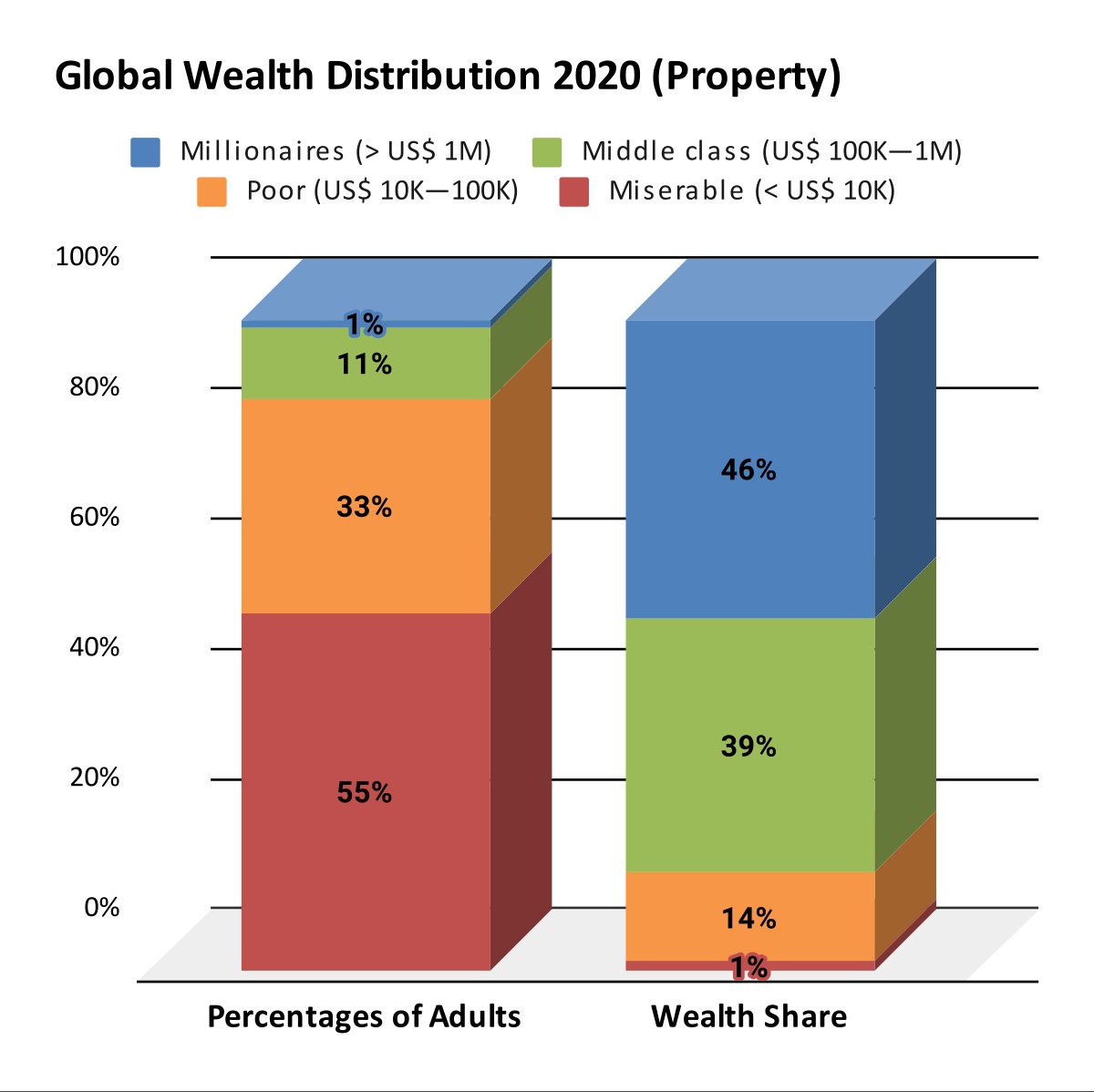
In an era of persistent inflation and rising costs, the definition of wealth continues to evolve. A new analysis reveals key salary thresholds that paint a picture of financial success in America today.
The New Wealth Benchmarks
$626,350: This marks the threshold for the highest federal income tax bracket in 2025, requiring earners above this amount to pay a 37% rate. This figure has climbed substantially from $518,400 in 2020, reflecting the impact of inflation.
$520,000: According to Bankrate's Financial Freedom Survey, this is what Americans believe they need to earn annually to feel rich in 2024. This places earners firmly in the top 2% of US incomes.
$483,000: Just one year ago, in 2023, Americans cited this lower figure as their wealth threshold - showing how rapidly perceptions are changing.
$400,000: The Biden administration has used this benchmark to define high earners in tax policy discussions. This salary roughly corresponds to the top 2% of American wage earners.
$340,667: Regional differences matter greatly. In West Virginia, this represents the average income for top 5% earners, while Connecticut's top 5% average $676,016.
$295,000: This places a household in the top 5% nationally, according to 2022 Census data.
$270,214: According to Empower's Secret to Success survey, this is the average salary Americans consider necessary for "financial success" - though expectations vary dramatically by generation.
The Generation Gap
The perception of wealth shows striking generational differences. While Baby Boomers consider just under $100,000 annually as financially successful, Generation Z believes they need nearly $588,000 to achieve the same status.
The Impact of Inflation
Since early 2020, cumulative inflation has increased prices by 22%. What cost $1,000 in January 2020 now requires $1,220 to purchase. This persistent inflation has forced many Americans to readjust their wealth expectations upward.
The average American earns approximately $60,000 annually, but most believe they need two to three times that amount just to feel financially secure. The traditional markers of middle-class success - a nice car and family home - increasingly feel out of reach for many.
As costs continue rising and finding a new job becomes more challenging, the definition of wealth remains fluid. What's clear is that Americans' expectations of financial success continue to climb, shaped by economic realities and generational perspectives.